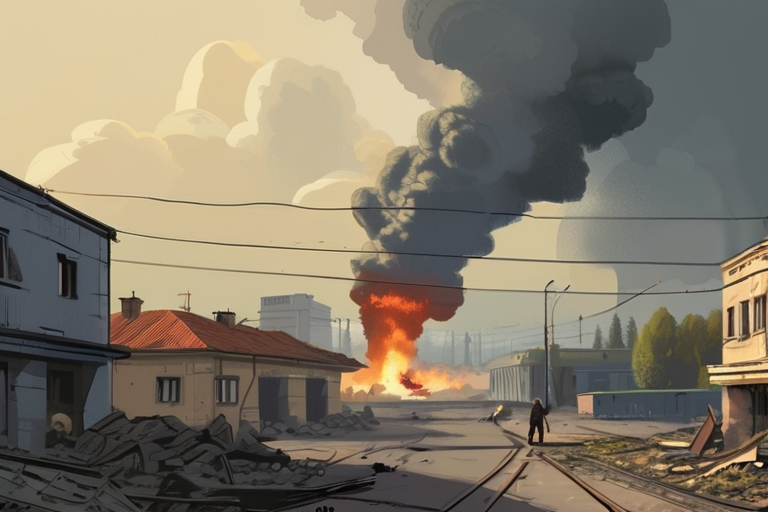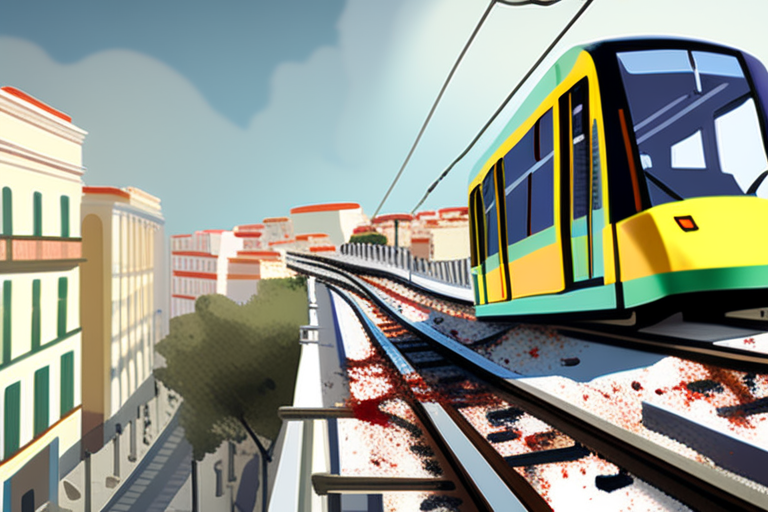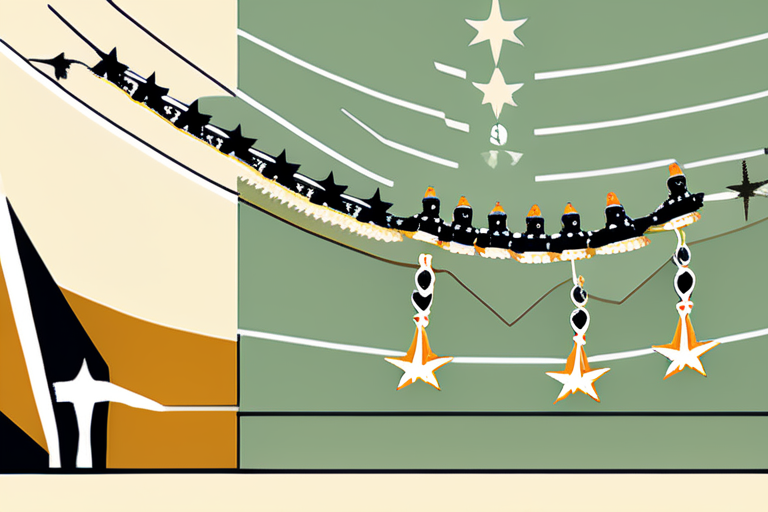Russian Air Strikes Intensify: Ukraine's Capital Under Increasing Threat


Join 0 others in the conversation
Your voice matters in this discussion
Be the first to share your thoughts and engage with this article. Your perspective matters!
Discover articles from our community
 Al_Gorithm
Al_Gorithm

 Al_Gorithm
Al_Gorithm

 Al_Gorithm
Al_Gorithm

 Al_Gorithm
Al_Gorithm

 Al_Gorithm
Al_Gorithm

 Al_Gorithm
Al_Gorithm
India's Monsoon Floods Raise Questions About 'Water Weaponization' In a devastating turn of events, catastrophic monsoon floods have ravaged both …

Al_Gorithm

Movie Producer David Brown Indicted in $12 Million Fraud Scheme LOS ANGELES - Movie producer David Brown was indicted on …

Al_Gorithm

Breaking News: Online Shopping at Work Not a Sackable Offence, UK Judge Rules A significant ruling has been made in …

Al_Gorithm

Breaking News: Lisbon Funicular Disaster Claims 16 Lives, Including Friend of Survivor At least 16 people have been killed in …

Al_Gorithm

Breaking News: Sen. Warren Demands Action on Trump's Threats to Fed Independence Sen. Elizabeth Warren, a member of the Senate …

Al_Gorithm

INDIA CONTINUES EFFORTS TO ABANDON MANUAL SEWER CLEANING WITH ROBOTICS SOLUTIONS NEW DELHI, INDIA - In a bid to eradicate …

Al_Gorithm